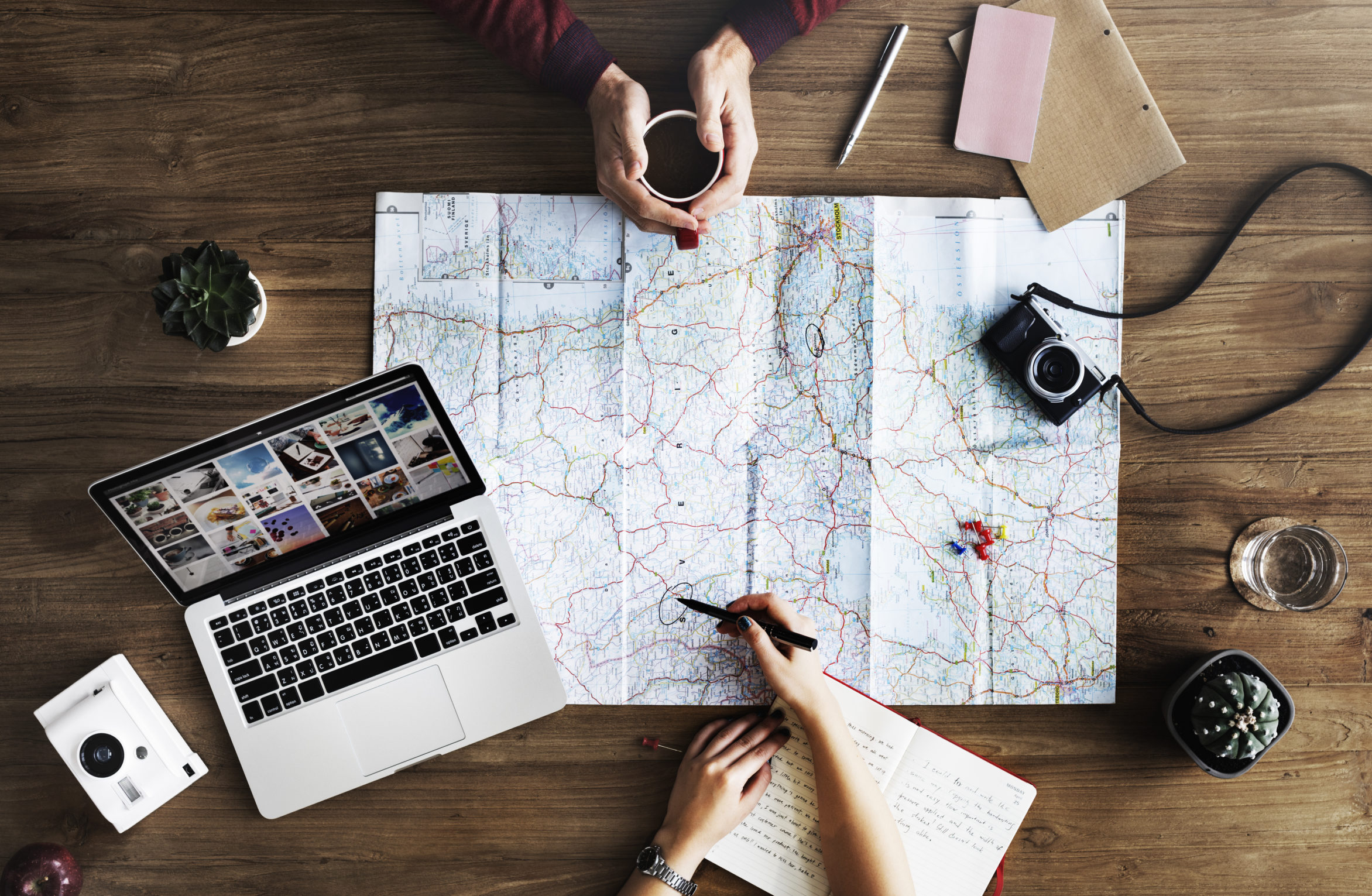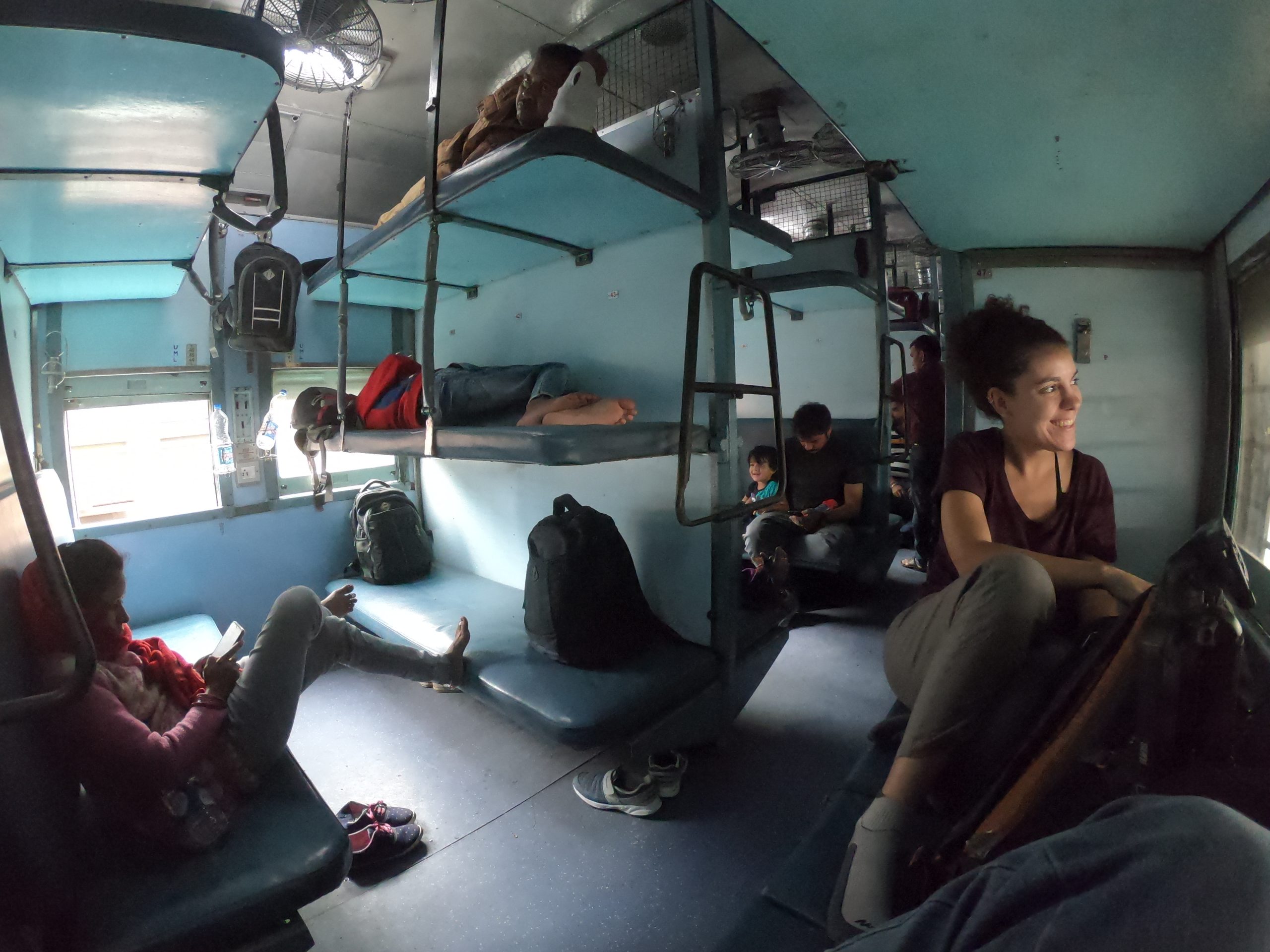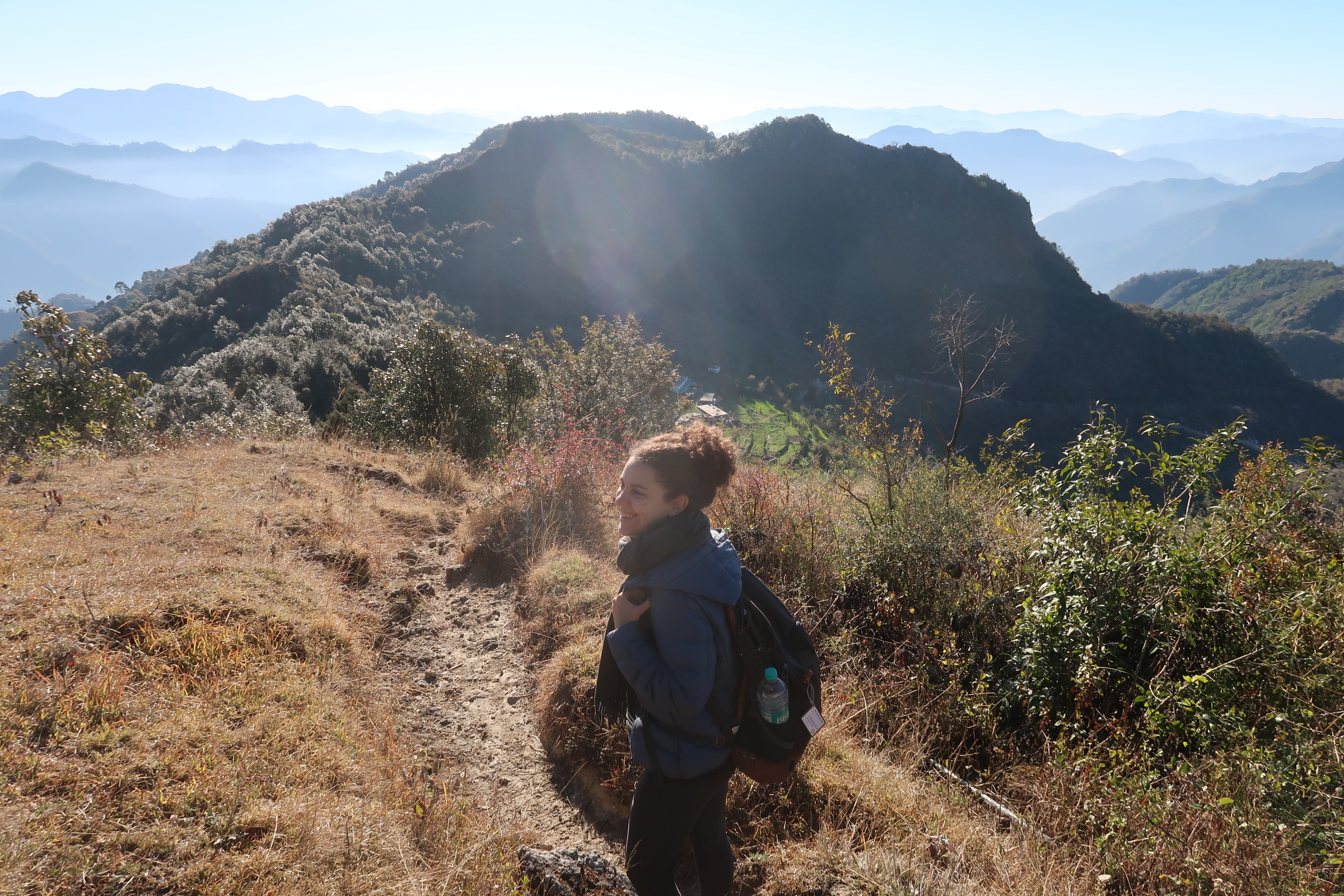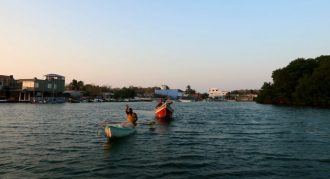Is travel insurance worth it? An honest guide
Is travel insurance worth it? Imagine this: You’ve just landed in a foreign country, excited to start your vacation or a new period of your nomadic life, and your luggage doesn’t show up. A few days later, you suddenly fall ill and need to see a doctor. Without travel insurance, you’re left with the stress of handling these situations on your own—and the unexpected bills that come with them. These are the kinds of unpredictable moments that can turn a dream trip into a financial nightmare.
In this article, I’ll talk about the reasons why I have never traveled internationally without travel insurance. Whether you’re a frequent flyer, digital nomad, or just heading out on a quick getaway, there are many benefits of hiring a good insurance. And if you’re looking for a cost-effective and flexible option, I’ll explain how SafetyWing’s Nomad Insurance might be your best choice.

Why travel insurance is important
No matter how well you plan your trip, travel can be full of surprises—some good, some not so much. Of course, we always hope for the best, but I believe it’s essential to be prepared for the worst.
Anyone might end up with a delayed flight, a case of food poisoning, or an accident requiring medical attention. Travel insurance steps in during these unpredictable moments, ensuring that a bad situation doesn’t turn even worse.
Many travelers underestimate just how expensive emergencies abroad can be. A hospital stay for a minor injury in the U.S. could set you back thousands of dollars. Need an emergency evacuation from a remote location because there’s no proper medical treatment available there? That can cost upwards of $50,000.
Without insurance, these kinds of expenses can ruin your trip and drain your savings. Travel insurance helps cover these costs, saving you from financial strain when the unexpected happens.
That’s why I believe travel insurance is worth it — knowing that I’m covered in case of emergencies allows me to fully enjoy my travels without constantly worrying about what could go wrong.
What does travel insurance typically cover?
There are many types of travel insurance plans, and you should always read the policy before hiring one. But most good companies cover the following:
Medical emergencies
One of the primary reasons I opt for insurance is to cover medical emergencies abroad. Whether it’s a sudden illness, a broken bone, or a more serious health issue, travel insurance typically includes coverage for hospital stays, doctor visits, and even surgeries if needed.
In cases where local medical facilities can’t provide adequate care, insurance can cover emergency medical evacuations, ensuring you get the treatment you need.
As a remote worker who has been traveling the world for the past 15 years, I’ve already gotten sick or injured in many countries, like Germany, France, USA, Hungary, UK and Mexico. Luckily it was never too serious, but if I didn’t have a good travel insurance, I would have spent a crazy amount of money.
Trip cancellation and interruptions
Sometimes, life throws curveballs that force you to cancel or cut short your travel plans. Whether it’s an illness or unforeseen events like natural disasters, travel insurance can help cover the costs of non-refundable bookings such as flights and accommodation in the case of serious emergencies. It can also cover the cost of flights home if something bad happens such as a death in the family.
Lost or delayed baggage
Few things are more frustrating than arriving at your destination only to find that your luggage didn’t make it. Travel insurance typically compensates you for lost, stolen, or significantly delayed baggage. This means you’ll have funds to replace essential items like clothes and toiletries while waiting for your luggage to be recovered—or to buy new things if it’s lost for good.
Other items which you should look for when analyzing an insurance policy is reimbursement for meals and accommodations if you have a travel delay over 12 hours, transportation of your body home if you die (knock on wood!), and emergency dental procedures.

Who needs travel insurance?
If you’re someone who spends a lot of time on the road, whether for work or leisure, travel insurance becomes a must-have. Frequent flyers, digital nomads, and long-term travelers are constantly exposed to the risks of delayed flights, injuries from leisure activities, and potential health issues in different countries.
And even if you only travel a few times a year, on shorter trips, the need for travel insurance shouldn’t be overlooked. After all, unexpected situations can happen anytime. As I said before, this type of insurance provides peace of mind, so you can focus on enjoying your time away, no matter how brief.
My recommendation: SafetyWing’s Nomad Insurance
Are you wondering how much does good travel insurance cost, and which one you should get? My recommendation, especially if you’re a frequent traveler or remote worker like me, is SafetyWing’s Nomad Insurance.
This product was designed with digital nomads, remote workers, and long-term travelers in mind. Unlike traditional travel insurance, which often caters to short-term vacations, they provide coverage tailored for those who are constantly on the move. It also works really well for more traditional vacations, though.
One of the standout features of SafetyWing is its flexibility. Instead of being tied to rigid contracts, travelers can make monthly payments, making it easy to keep coverage active for as long—or as short—a period as needed.
By opting for automatic monthly renewals, your coverage extends every four weeks without interruption, and you can pause or renew the plan at any time. You can even sign up for it after you’ve already started your trip, which isn’t allowed by most traditional companies.
The international coverage ensures you’re protected in almost any country in the world. SafetyWing complies with international sanctions imposed by the US, UK, EU, and the United Nations, so certain destinations are restricted and cannot be included in your coverage. These destinations currently include Belarus, Cuba, Iran, North Korea, Russia, Syria, and Ukraine.
If you opt for the basic Nomad Insurance plan, you’ll be covered for medical emergencies, hospital visits, surgeries, bedside visits, emergency medical evacuation, lost baggage, and travel delays.
And if you’re into adrenaline, you can opt for their Adventure Sports Add-on that provides extra coverage for over 30 activities. Injuries from activities like skiing, paragliding or scuba diving can require specialized medical attention, which can be incredibly expensive without proper coverage. With SafetyWing’s add-on, you’re protected even then.
The best part is, when compared to traditional travel insurance plans, SafetyWing stands out for its affordability. Currently, you can hire it for only USD 56.28 for each 4 weeks period, if you’re between 18 and 39 years old.
If you need to use the insurance, just call local emergency services or go to the nearest hospital. You can also reach out to their emergency response team 24/7 if needed.
For most expenses, you will pay for treatment and then make a claim for reimbursement. They recently simplified the claims process, making it very easy to ask for your reimbursement through their website.

Is travel insurance worth it? A final verdict
As you’ve seen, the value of travel insurance goes beyond financial protection—it’s about the peace of mind it brings, allowing you to focus on enjoying your trip without the constant worry of “what if.” I honestly don’t think that traveling abroad without a good insurance is worth the risk.
For those looking for a flexible, affordable, and comprehensive option, SafetyWing’s Nomad Insurance stands out. Click here to find out more about it and sign up, making sure that you’re fully covered for your next adventure.
Disclaimer: When you purchase your insurance using the links on the blog, I earn a small commission that allows me to continue producing useful content for travelers, and you don’t pay anything extra for it. Janelas Abertas values transparency with its readers and always makes it clear when there is financial compensation involved in mentioning a service or product.
















0 Comentários